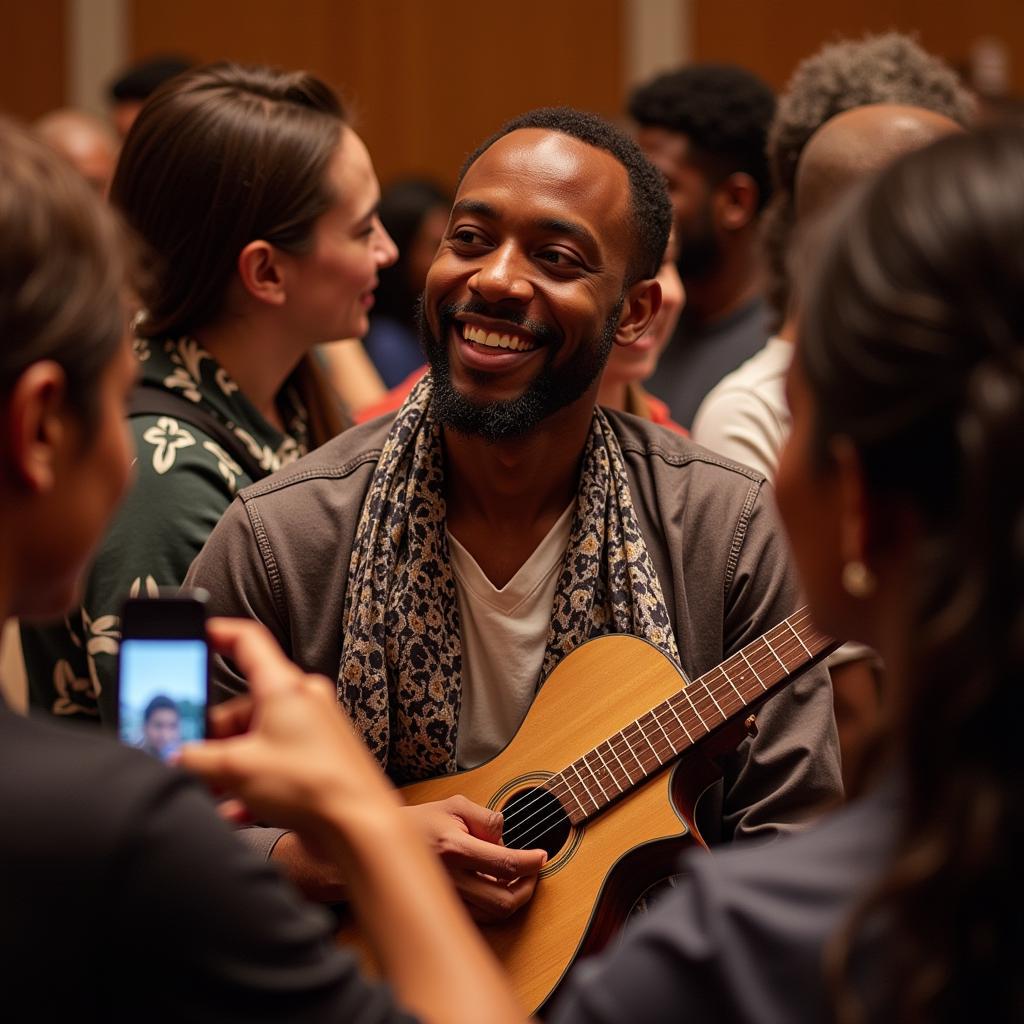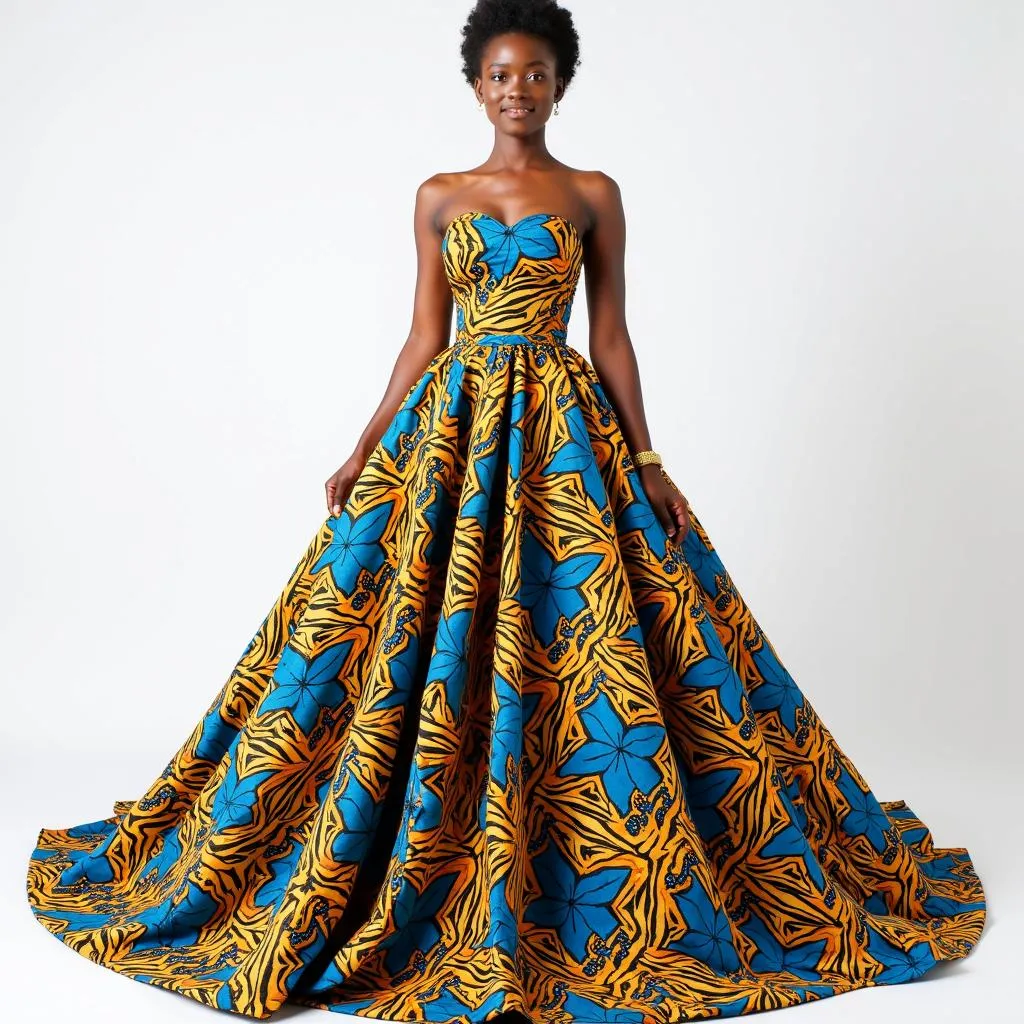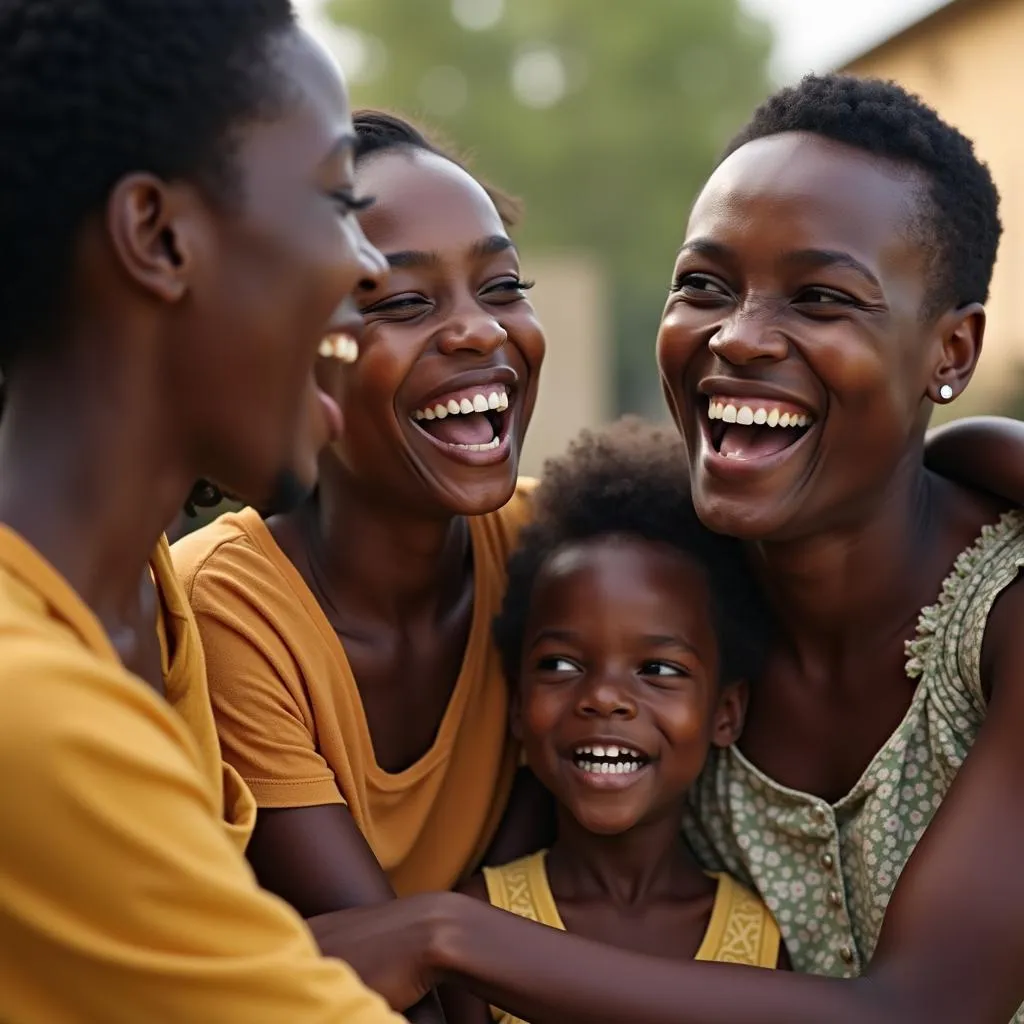Exploring the World of African Doll Models
African doll models are more than just toys; they are a reflection of rich cultural heritage, artistic expression, and evolving beauty standards. These dolls offer a glimpse into the diverse traditions and aesthetics of various African communities, challenging Westernized norms and celebrating the continent’s unique identity. From handcrafted wooden figures to intricately beaded creations, African doll models embody a powerful narrative of cultural preservation and artistic innovation. They offer a tangible connection to the past while simultaneously embracing contemporary trends.
Unveiling the Significance of African Doll Models
African doll models have served various purposes throughout history, extending beyond mere playthings. They have been used in traditional ceremonies, storytelling, and as educational tools, passing down cultural knowledge and values from one generation to the next. These dolls often represent important figures in society, deities, or ancestors, embodying a spiritual significance. Their creation is often a meticulous process, involving skilled artisans who employ traditional techniques and locally sourced materials.
The dolls often reflect the unique clothing styles, hairstyles, and body adornments specific to different ethnic groups across the continent. This attention to detail makes them invaluable tools for understanding the rich tapestry of African cultures. Moreover, they challenge the often-narrow representation of beauty, showcasing the diversity and richness of African aesthetics.
The Evolution of African Doll Models in Contemporary Society
While rooted in tradition, African doll models are also evolving to reflect contemporary trends and social changes. Modern doll makers are experimenting with new materials, designs, and narratives, while still honoring the cultural heritage embedded within their craft. This fusion of tradition and modernity has led to the creation of truly unique and captivating dolls that appeal to a global audience.
Some contemporary doll makers are using their platforms to address social issues, promote inclusivity, and empower young girls. By creating dolls that represent diverse body types, abilities, and skin tones, they are challenging conventional beauty standards and fostering a more positive self-image among children. This evolution highlights the dynamic nature of African art and its ability to adapt and resonate with contemporary audiences.
Collecting and Appreciating African Doll Models
African doll models are not only cherished possessions but also valuable collectibles. Their artistic merit, cultural significance, and historical value make them sought-after items for collectors and enthusiasts worldwide. Whether you are drawn to the intricate craftsmanship, the vibrant colors, or the stories they tell, collecting African doll models can be a rewarding and enriching experience.
When acquiring African doll models, it’s essential to consider their origin, the materials used, and the artist’s story. Supporting ethical and sustainable practices is crucial, ensuring that the artisans are fairly compensated and that the cultural heritage is respected. African american quarterbacks can offer further insights into the cultural landscape and the importance of supporting African artists.
Are African doll models only for children?
No, African doll models are appreciated by people of all ages. While they can certainly bring joy to children, they also hold significant cultural and artistic value for adults, making them prized collectibles and decorative pieces.
Where can I find authentic African doll models?
Authentic African doll models can be found in various places, including fair trade markets, online marketplaces specializing in African crafts, and directly from artisans. It’s important to research and ensure you are purchasing from reputable sources that support ethical practices.
The Future of African Doll Models
The future of African doll models is bright, with a growing appreciation for their artistic and cultural significance. As more people embrace the diversity and richness of African cultures, the demand for these unique and captivating dolls is likely to increase. This growing interest will empower artisans, preserve traditional crafts, and ensure that the stories embedded within these dolls continue to be shared for generations to come.
In conclusion, African doll models are far more than just playthings; they are powerful symbols of cultural heritage, artistic expression, and evolving beauty standards. From traditional ceremonial figures to contemporary creations, these dolls offer a unique window into the diverse and vibrant cultures of Africa. As we continue to embrace diversity and celebrate the richness of global traditions, African doll models will undoubtedly play an increasingly important role in bridging cultural gaps and fostering a deeper understanding of the continent’s artistic legacy.
FAQ
-
What materials are typically used to make African doll models? Materials range from wood and clay to fabric, beads, and recycled materials.
-
Are all African doll models handmade? While many are traditionally handcrafted, some contemporary doll makers also utilize modern techniques.
-
How can I tell if an African doll model is authentic? Look for details in craftsmanship, materials, and cultural representation. Researching the artist and their origin can also help.
-
What is the significance of the different hairstyles and clothing on African doll models? They often represent specific ethnic groups and cultural traditions, reflecting the diversity within Africa.
-
Are African doll models expensive? Prices vary depending on the materials, craftsmanship, and artist. You can find both affordable and high-end options.
-
What is the best way to care for an African doll model? Handling with care and storing them in a safe, dry place will help preserve their condition.
-
Where can I learn more about the history and significance of African doll models? Museums, cultural centers, and online resources dedicated to African art can provide valuable information.
For further exploration of African culture and arts, you might be interested in reading about African american quarterbacks.
If you need assistance, please contact us at Phone Number: +255768904061, Email: kaka.mag@gmail.com or visit us at Mbarali DC Mawindi, Kangaga, Tanzania. We have a 24/7 customer service team.


